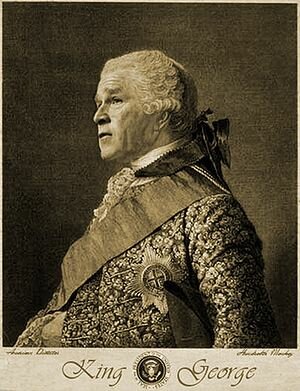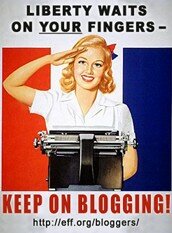KATIE HAFNER, The New York Times, reports:
Perhaps because of its geographic remoteness, Dartmouth College in the small town of Hanover, N.H., has long been willing to try novel means of communication.
The college introduced e-mail messaging to campus in the 1980’s, well ahead of most other higher educational institutions. And in 2001, it was one of the first colleges to install a campuswide wireless data network.
Now, the college is venturing into the world of “voice over Internet protocol,” also known as VoIP, which essentially turns a computer into a telephone.
This week, as classes begin, the 1,000 students entering the class of 2007 will be given the option of downloading software, generically known as softphones, onto Windows-based computers.
Using the software together with a headset, which can be plugged into a computer’s U.S.B. port, the students can make local or long-distance telephone calls free. Each student is assigned a traditional seven-digit phone number.
(more…)
Farhad Manjoo, Salon, writes:
As if the public image of punch-card voting machines had not already been bruised and battered enough, on Sept. 15 the 9th Circuit Court of Appeals went for the K.O. Punch-card voting, a three-judge panel of the court said in its ruling halting the California gubernatorial recall election, is an embarrassment to our high-tech times: “Just as the black and white fava bean voting system of revolutionary times was replaced by paper balloting, and the paper ballot replaced by mechanical lever machine, newer technologies have emerged to replace the punch-card, including optical scanning and touch screen voting.”
But according to Bev Harris, a writer who has spent more than a year investigating the shadowy world of the elections equipment industry, the replacement technologies the court cited may be worse — much worse — than the zany punch-card systems it finds so abhorrent. Specifically, Harris’ research into Diebold, one of the largest providers of the new touch-screen systems, ought to give elections officials pause about mandating an all-electronic vote.
Harris has discovered that Diebold’s voting software is so flawed that anyone with access to the system’s computer can change the votes without leaving any record. On top of that, she’s uncovered internal Diebold memos in which employees seem to suggest that the vulnerabilities are no big deal. The memos appear to be authentic — Diebold even sent Harris a notice warning her that by posting the documents on the Web, she was infringing upon the company’s intellectual property. Diebold did not return several calls for comment.
(more…)


